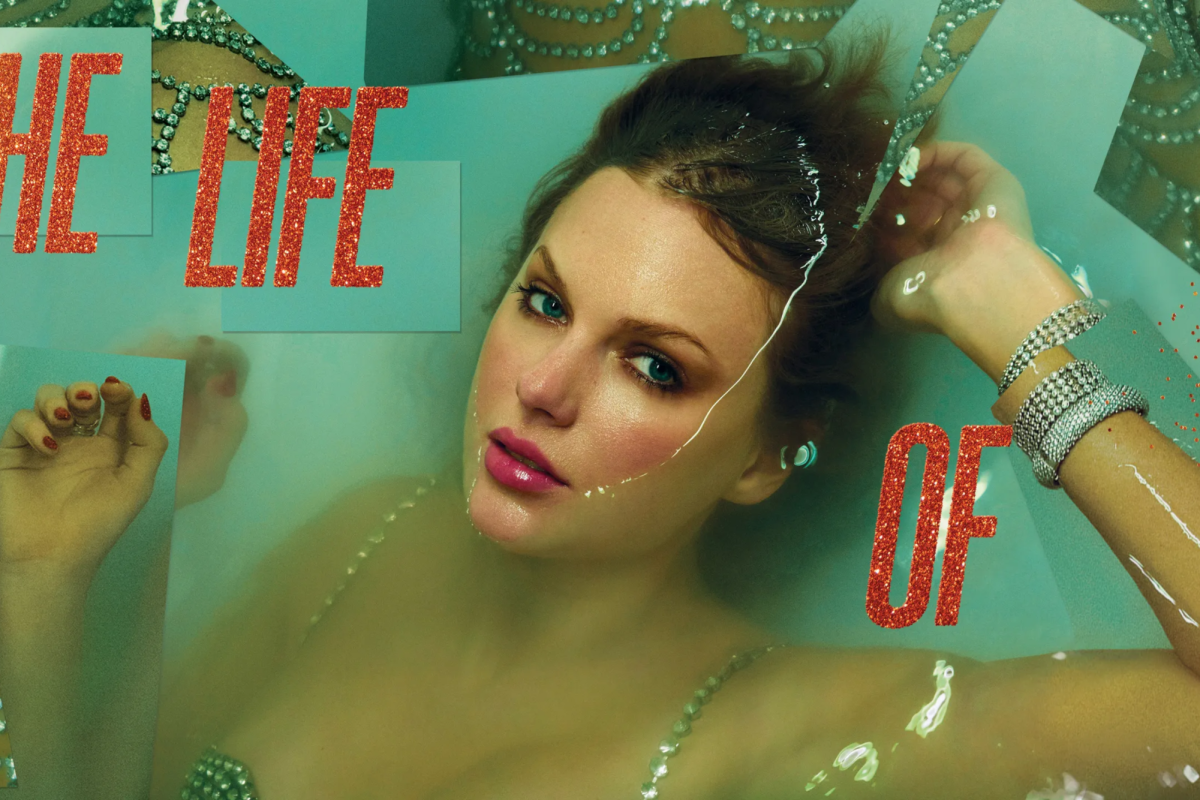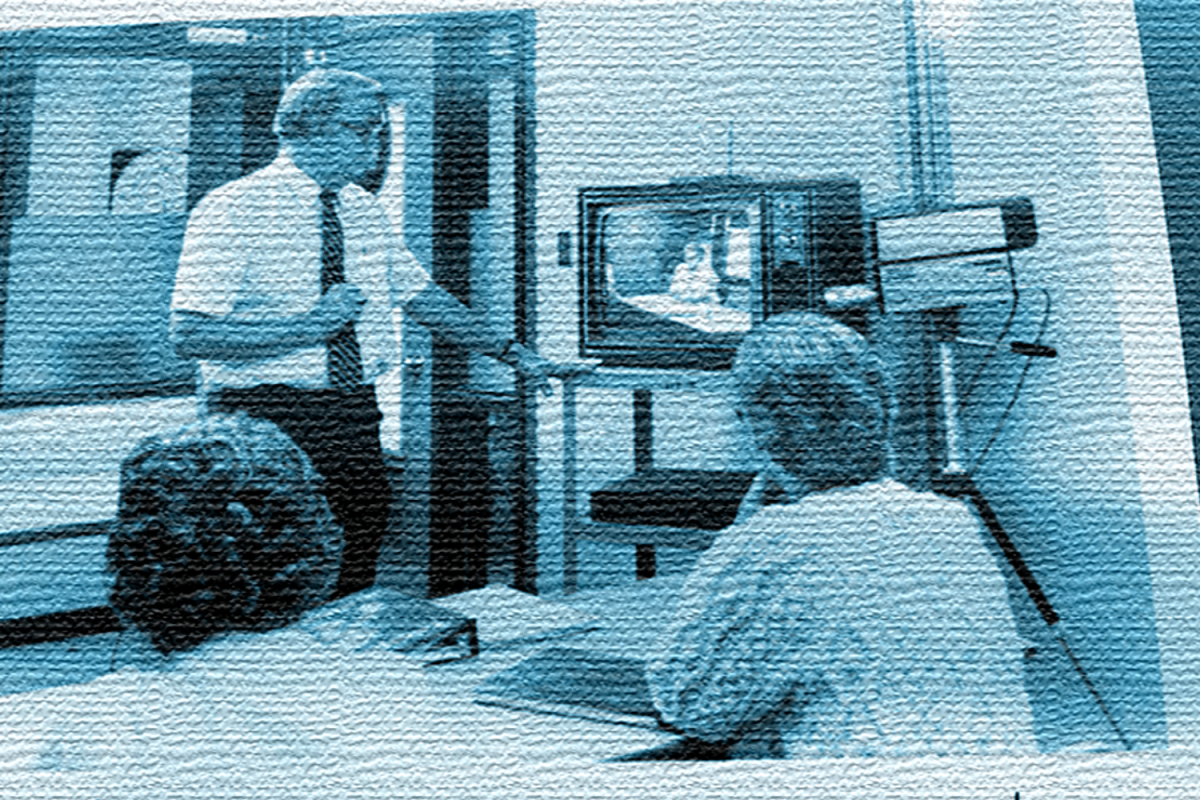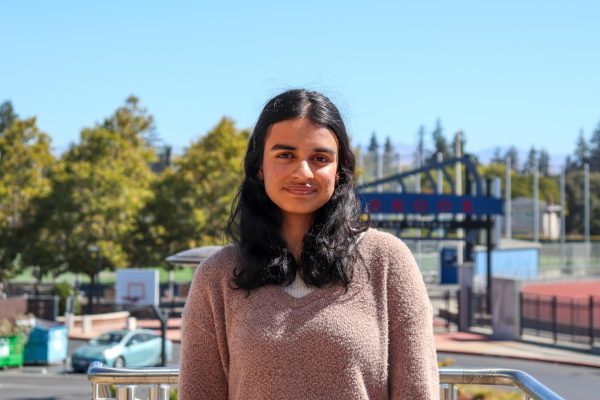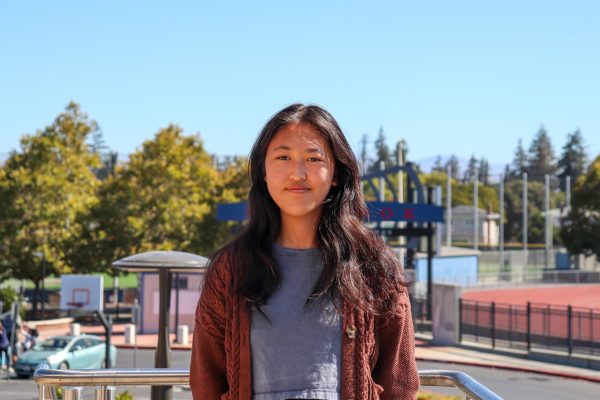
I thought I wanted to be a romantic — or even a communist — after indulging in the passionate, Marxist-inspired writing of Sally Rooney. Or possibly a philosopher, after burning through Jean-Paul Sartre’s “Nausea,” plunging into a mind-itching reverie of the pain of choosing my future. Books have been my most cherished companions since childhood, the sources of my lifelong indecisiveness and sporadically evolving ideas. They have characterized (what I have viewed as) the most difficult or heartbreaking points of my life, the times when rejections turned me into a bumbling, brooding Jack Kerouac, or, merely failing an English essay made me embody the deep depression of Sylvia Plath.
Through reading, I’ve been able to escape from the turmoil of daily life, basking in sunshine and crinkled pages on the beach in a somewhat hallucinatory trance. Vicariously losing myself in fictional stories, I’ve stumbled through the maze of purple hills and factories of Johannesburg, South Africa; felt the hopeless desperation of a pianist striving to conduct an orchestra; witnessed the psychosis of an Englishman throwing himself over his dead wife’s grave; accompanied a woman losing her sense of self, enraptured with an indifferent man on the streets of Paris.
I had always tried to ignore the way I gravitated toward books. I was “wasting” my time, exorbitantly absorbing these words on a page so voraciously, like a glistening feast on a silver platter. No, I neglected “real” life — my biology textbook sprawled open on the bed, the unfinished summer program application saved on my computer, the tugging sensation in my stomach as I heard the minute hand tick by.
Still, I became fascinated by books in other languages, paragraphs of French clouding my English-taught brain, cramming yet another subject into the one-track mind I expected myself to have. I lounged on the backyard chair with Annie Earnaux’s “Passion Simple” when I should have sincerely been studying for my finals. I felt that my ambition to become something had vanished, that by reading, I was ambition-less. Without a doubt, I believed (perhaps excessively, dramatically) that the world around me moved in a structural pattern— striving forward toward a concrete goal — while I spiraled, stuck in my childhood self, turning the pages of a trivial, fictional tale I wouldn’t remember.
Yet, I didn’t understand the value of the words I consumed until I grew more confident in myself. Plath’s “The Bell Jar” wasn’t just a portal to another woman’s life, but a story about myself — one that forced me to confront and reconcile my most uncomfortable emotions. And Kiley Reid’s “Such a Fun Age” wasn’t just a beach read, but the source of my interest in understanding racial power dynamics and the complexity of coming of age. Even the books I laughed at, like superfluous romances and Jane Austen’s beautiful but absurd Victorian-era portraits, granted me insight into the kind of person I was.
Through every page I turn, I strive toward the goal of understanding myself, offering a moment of introspection in the hectic world. I know now that being stuck in these ridiculous, time-sucking dreams was worth the indulgence; if I’m presented with words, why shouldn’t I feast?











































































